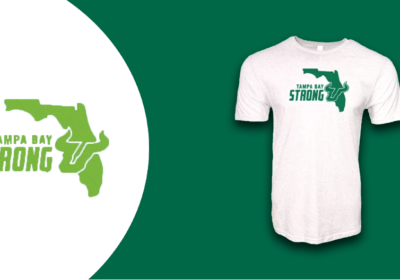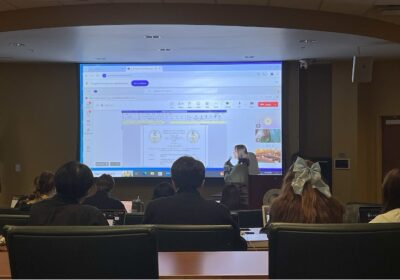USF should have better teacher evaluation forms
USF students will fill out the usual end-of-the-semester teacher evaluation forms this week. Though many quickly rush through them, the forms continue to be important for teachers and the University.
It makes little sense for evaluations given by unobjective students to have so much weight, especially when USF relies on the same general form of questions for all classes. USF should consider implementing one of the national systems that allow for more customization.
These systems were developed in response to evaluation forms that seemed to be poor measures of teacher quality and learning levels. The IDEA Center, an education research group based in Kansas, has developed a system that allows each department to change the forms to fit the most important learning objectives.
Students could rate an anatomy class on factual knowledge gained or a literature class on its emphasis of analytical writing, according to the Chronicle of Higher Education. This system is better than standardized evaluation questions, like those at USF, which are not equally applicable to every course and can be vague.
The IDEA system allows for local customization but also allows scores to be compared to a large, nationally formed database, Theresa L. Wilson, an instructional-technology specialist at Saint Francis University who helps oversee the system, said to the Chronicle.
The system is used at roughly 350 colleges nationwide.
A system at the University of North Texas attempts to eliminate certain biases by asking questions like how appropriate the classroom’s size and layout was for the course, according to the Chronicle.
Some critics have proposed doing away with course evaluations altogether.
“They should be outlawed,” D. Larry Crumbley, a professor of accounting at Louisiana State University at Baton Rouge, said to the Chronicle. “They have destroyed higher education.
“Students are the inventory. The real stakeholders in higher education are employers, society, the people who hire our graduates. But what we do is ask the inventory if a professor is good or bad. At General Motors, you don’t ask the cars which factory workers are good at their jobs. You check the cars for defects, you ask the drivers, and that’s how you know how the workers are doing.”
Admittedly, student evaluations are not the ideal way to truly measure the quality of a teacher, but students should still have a role. It is important for students to give their opinions, but a more sophisticated system is needed.
Unfortunately, some at USF have been opposed to even minor changes to the evaluation forms. When new questions on textbook usage were proposed last semester, the staff union was hesitant to get behind it.
Rebecca Hagen, a mass communications professor, said to The Oracle in December that attaching textbook questions to a faculty evaluation was not the “best idea.”
“(The evaluations) play heavily in tenure promotion,” Hagen said, “It gets looked at very seriously.”
If teacher evaluations are so important, then the University and teachers should be in favor of improving their accuracy and usability.






